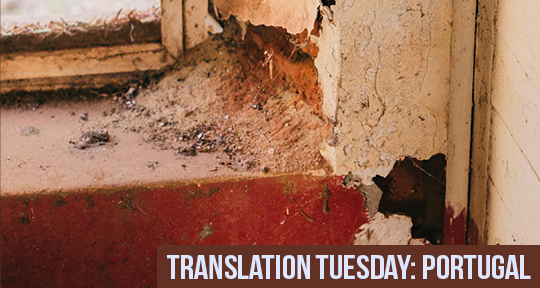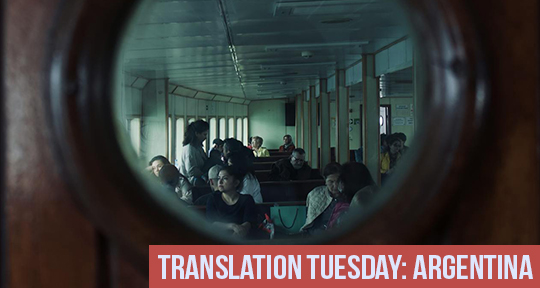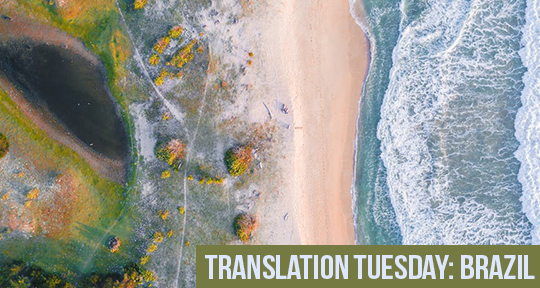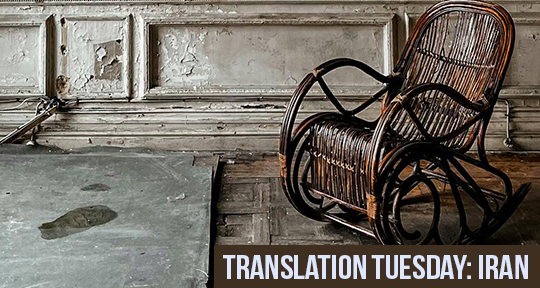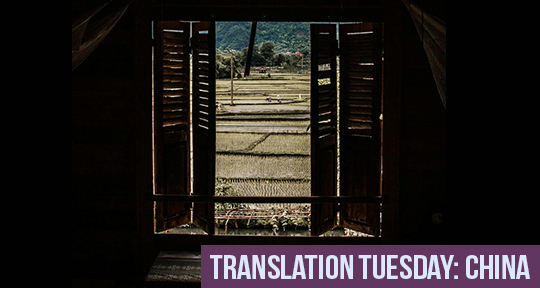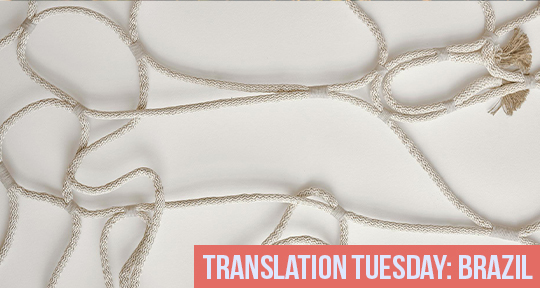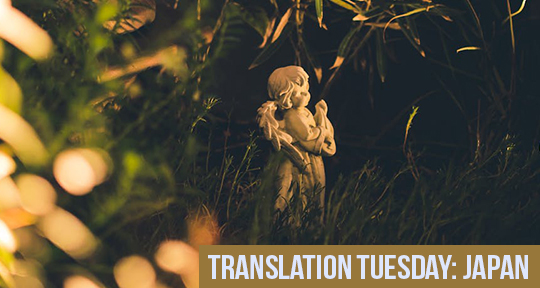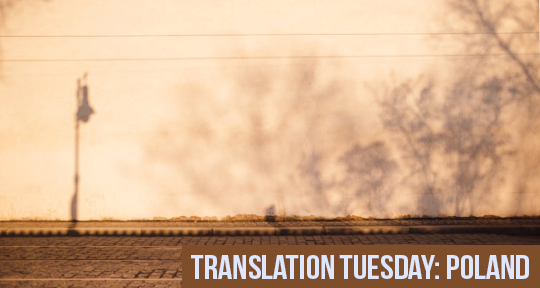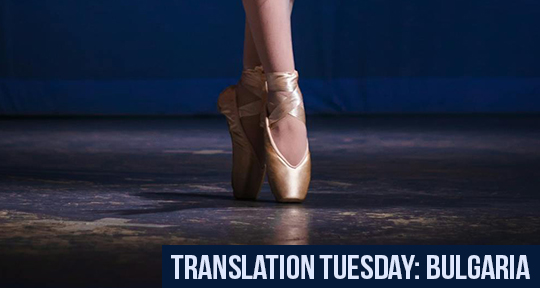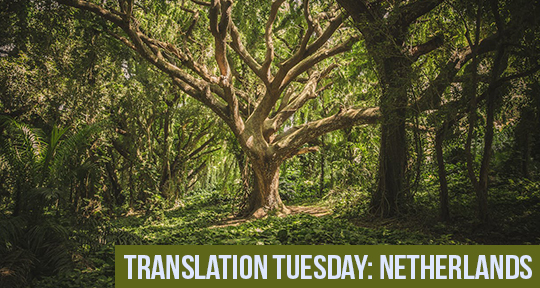For November’s first Translation Tuesday, we bring you a short story by Raul Germano Brandão, translated from the Portuguese by Jacqueline Frances Austin. In this haunting tale, Brandão recounts the woes of the destitute woman Candidinha. Like Voltaire’s Candide, her life is an unremitting stream of unearned misfortune, but unlike her optimistic counterpart, she maintains an iron grip on her fury and indignation. In order to survive, Candidinha transmutes her tragedy into entertainment, adopting an exaggeratedly ludicrous persona; her affluent neighbors reward her performance with leftovers. The narrative traces this disjunction between public and private, unfolding between the voices of the onlookers—who alternate between mocking gossip and scathing reprimands, feasting on her misery—and Candidinha’s own voice, bitter and cursing. Brandão unsparingly renders the acute discomfort provoked by direct confrontation with inequality, a grotesque reminder of the irrationality of fate.
That old woman who sometimes faces me on nights of supreme affliction, dressed all in black, ragged and stiff, is made of hatred and stone. I speak to her. She doesn’t respond. Her mouth held tight she keeps her silence, a ragged shawl pulled up around her chest. She is huge, like despair, dry as the stones. . . What is her story?
On ill-fated Tuesdays she always turned up in that big, lugubrious house, that witless, ridiculous old woman, holding her son, António, by the hand. Looking like a damp bird she would leap across the living room, her shawl aflutter, carrying her hat. Everybody found her comical and stupid, always dragging her boy, her look disorientated and her appearance somehow contemptible.
“Here’s Candidinha again. . .”
“Oh no.”
“Oh my dears. It could only happen to me, just imagine. . .”
On seeing her they would all start to laugh at that dry and stumbling figure, crushed by her disgrace, her hat missing feathers and her smile quite put on. She was like some kind of starving jester to whom, for their poverty, one tosses a crust, but mostly because they are inoffensive and ridiculous. You could tell that old woman anything: troubles, disasters, irritations. . . If you did, for a few minutes she’d exchange a few words, her smile forced and sinister. Trailing her ragged shawl, she’d go hopping around the house. READ MORE…

